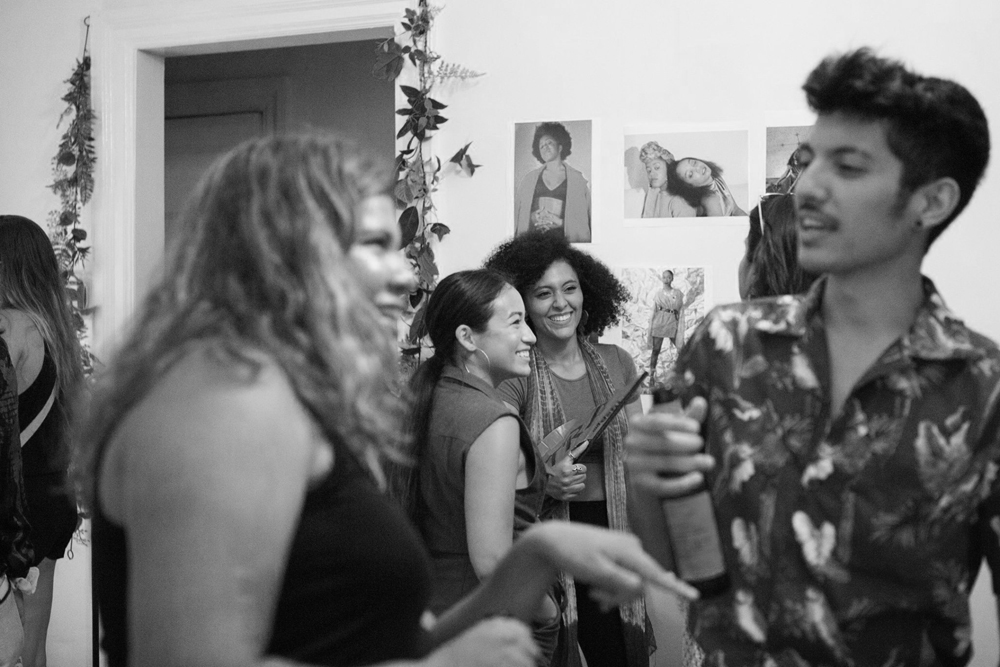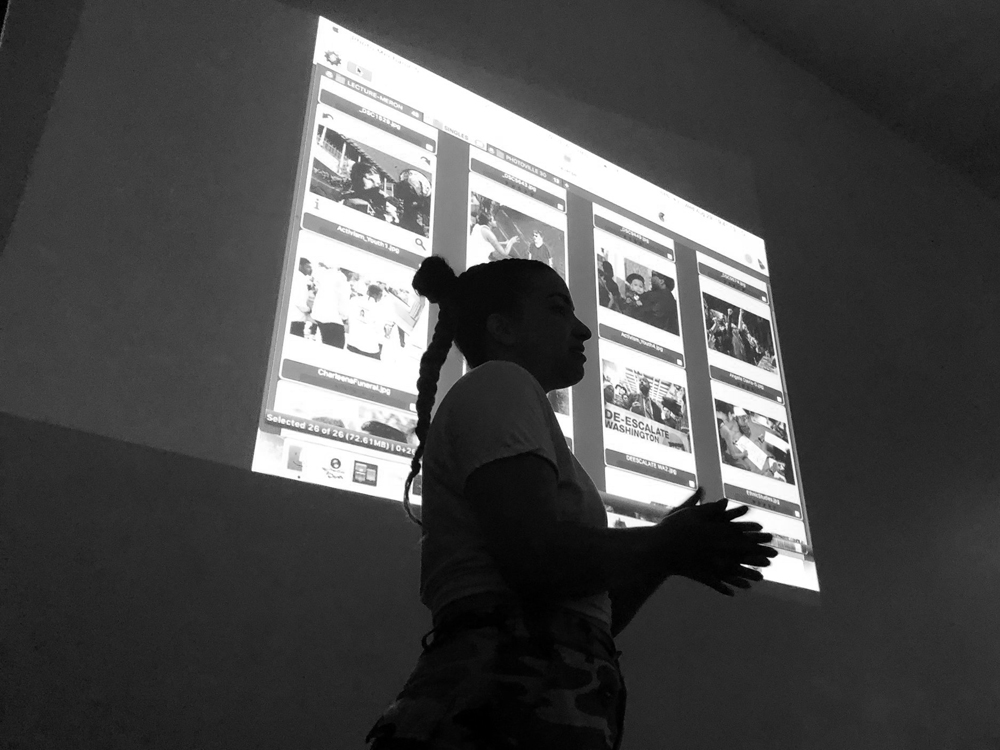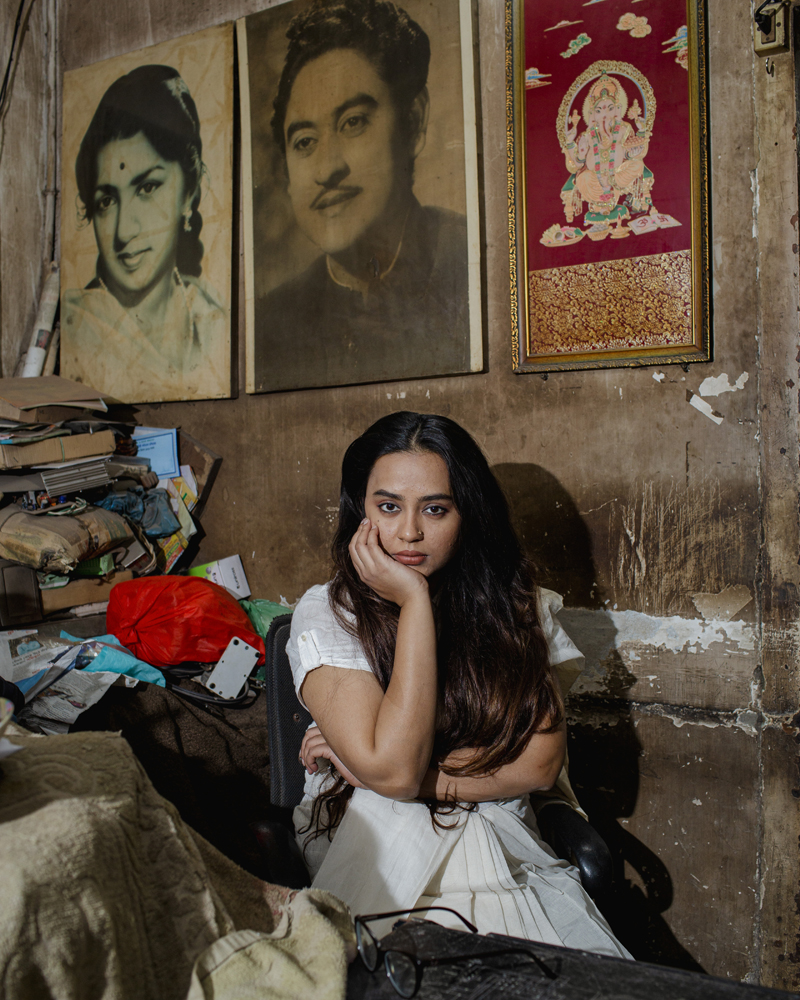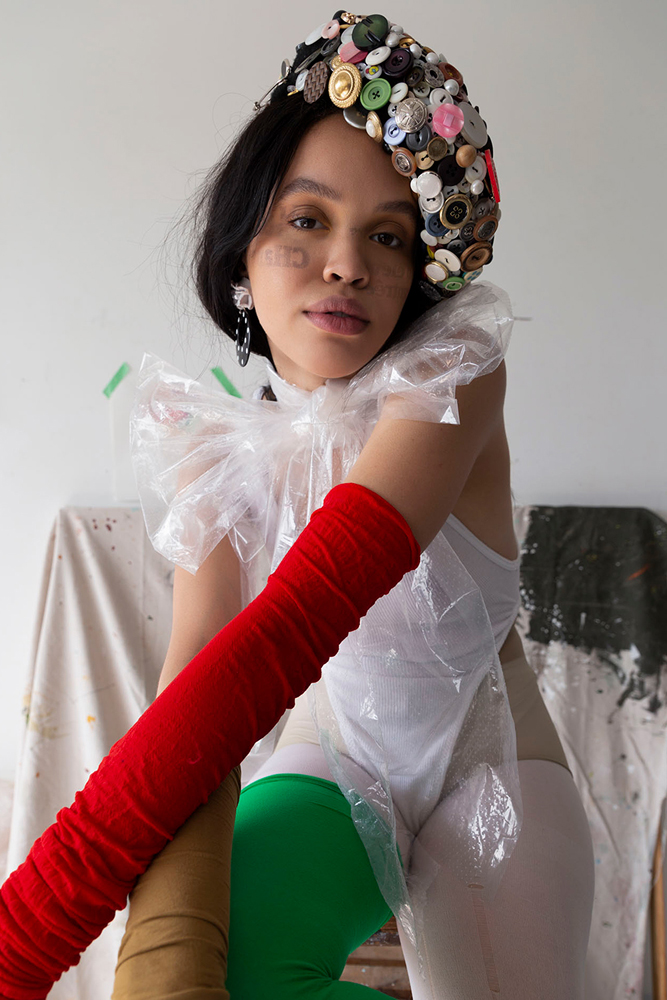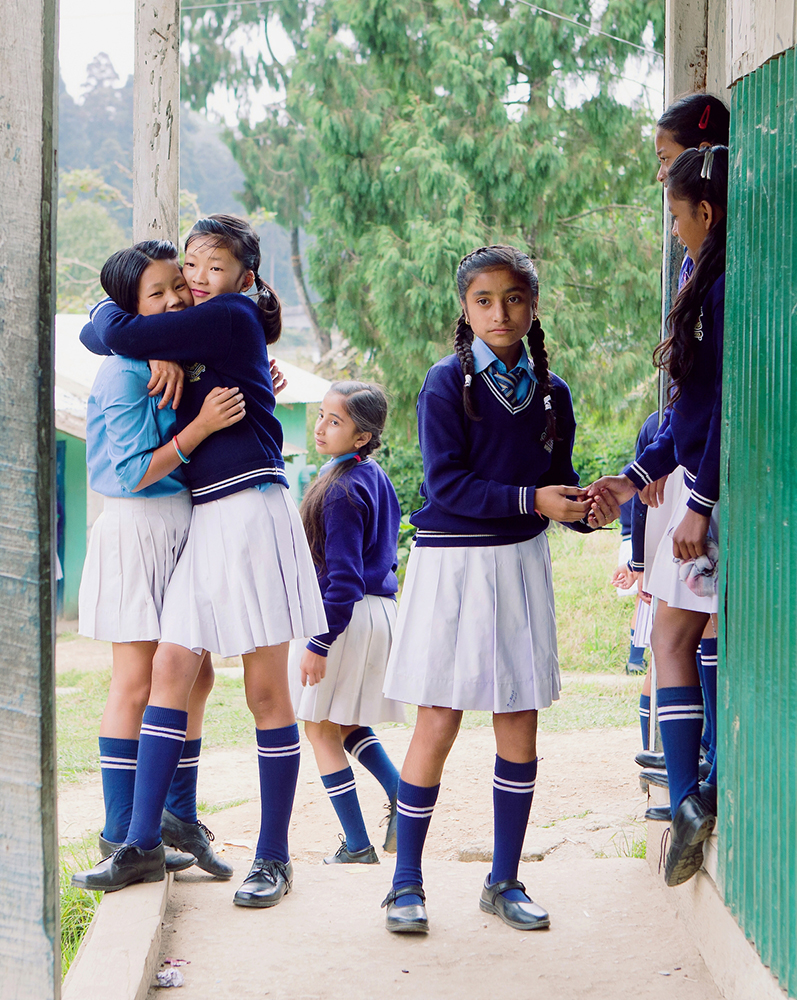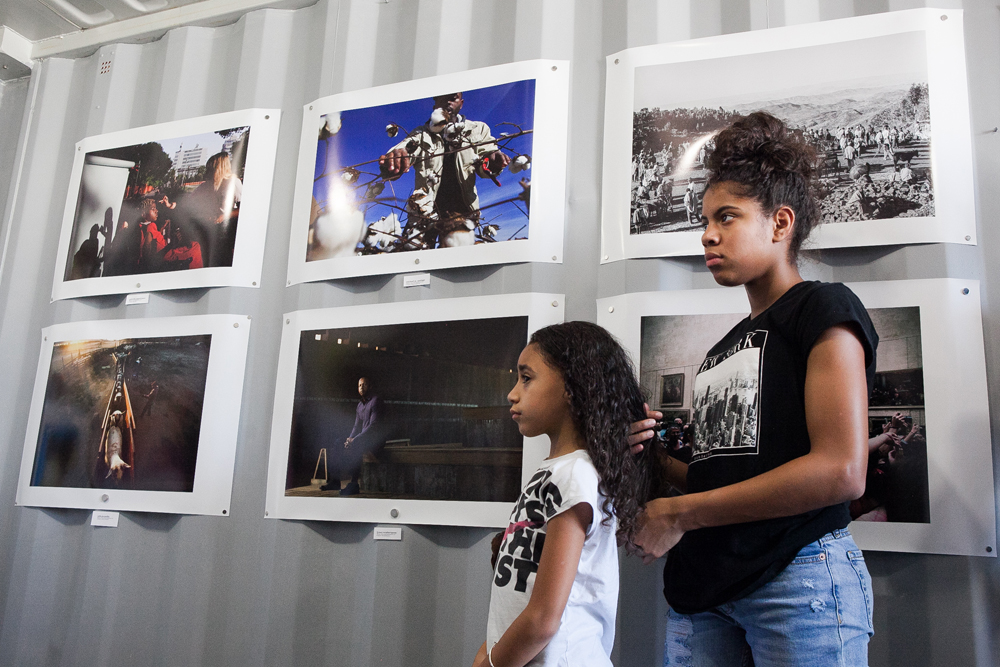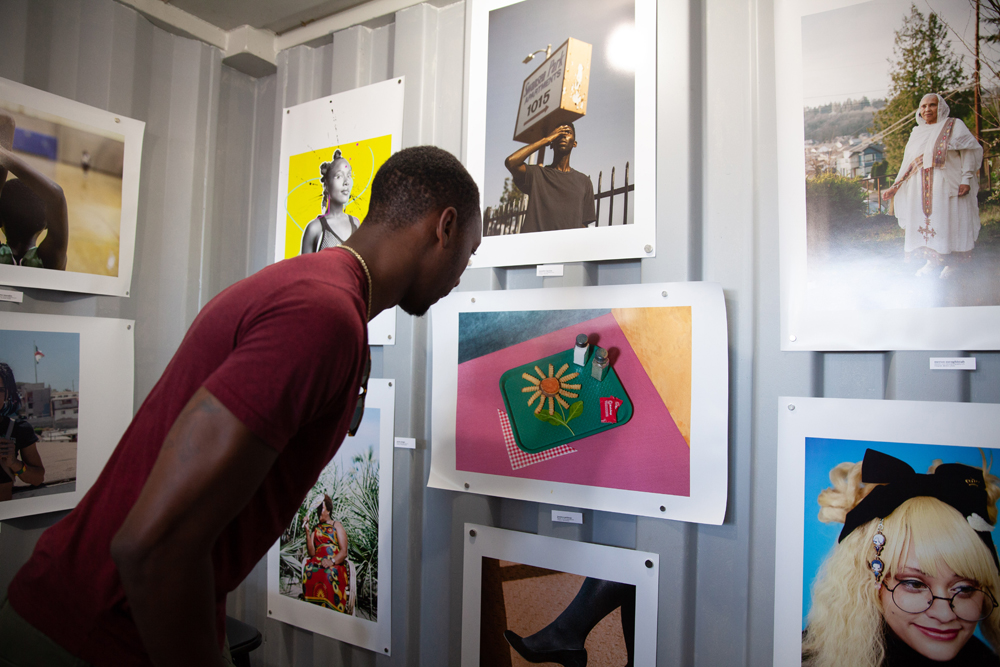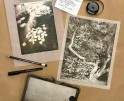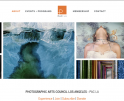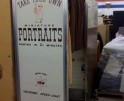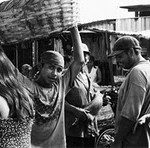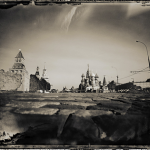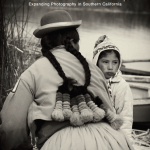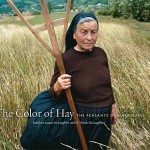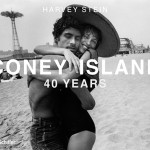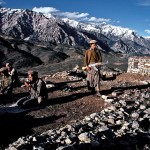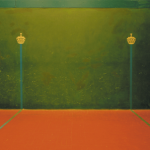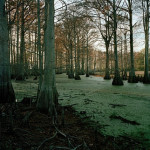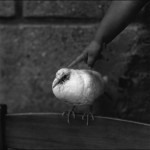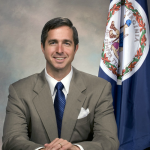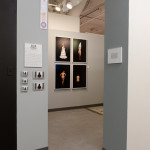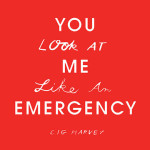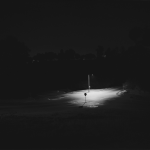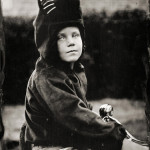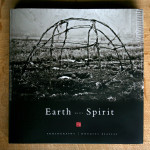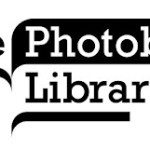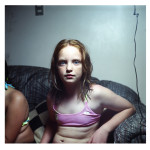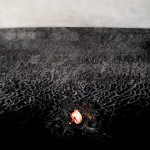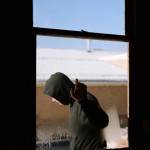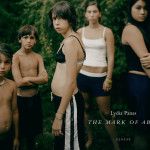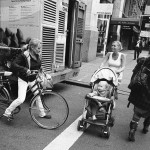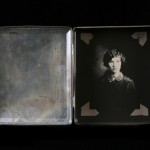Authority Collective: Speaking Truth To Power
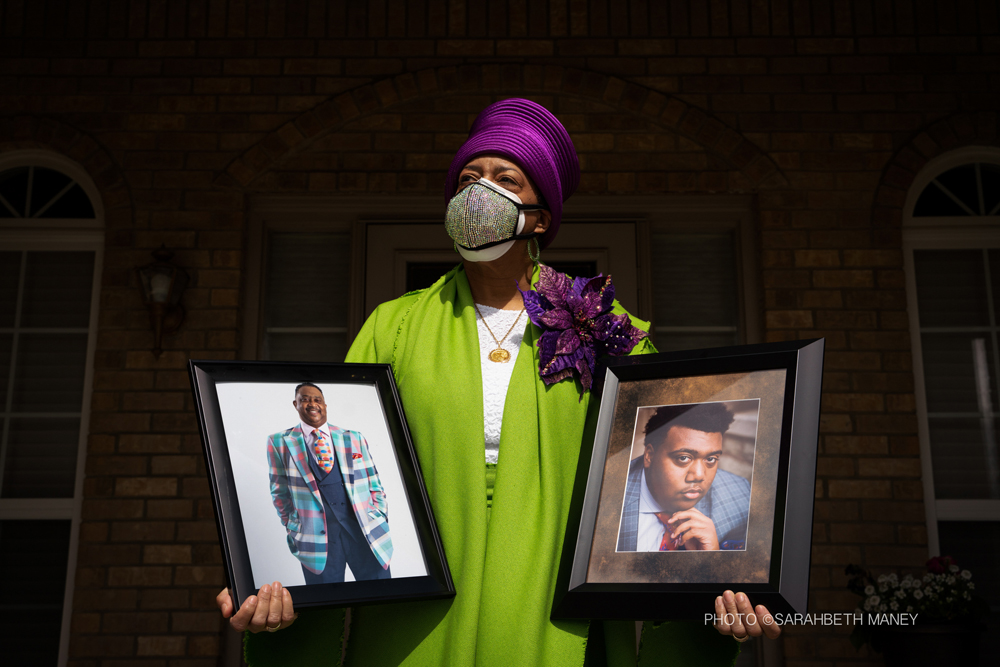
Sandy Brown holds photographs of her late husband and son, Elder Freddie L. “Lucky” Brown Jr. and Freddie L. Brown III, 20, who both died from the coronavirus three days apart. © Sarahbeth Maney
This week on Lenscratch, we are talking to photo collectives who are changing the industry landscape to make it more diverse and equitable for all. – Ashima Yadava
Authority Collective is a non-profit with 400+ members, all women, nonbinary, and trans visual storytellers of color. Ten photographers and filmmakers created Authority Collective in 2017 to build community, share resources, and directly address practices of racial and gender inequity in the visual industries. Besides producing interventions that increase inclusion and equity for visual storytellers, AC works to reimagine how people of color, gender, disability, immigrants/refugees, and other spaces of marginality are represented in visual media. Tara Pixley is one of the founding members and the Executive Director of AC today.
Ashima Yadava: I’m so excited to be in conversation with you, Tara. I have been a part of Authority Collective for nearly four years now and have come to admire everything it stands for. I have witnessed firsthand how it functions and how it brings the photo community together. Can you talk to us about this journey? What are your goals as a collective?
Tara Pixley: I feel when AC was first founded, it was about creating a space of solidarity where women of color — some of the most marginalized folks in the visual storytelling industry — could connect over shared experiences, create networks of care and resource sharing and know we weren’t alone. In our five years as a grassroots org and more recently a nonprofit, we have relied on the volunteer labor of our community, their willingness to be in service to each other and making the industry a better place. That’s our DNA: service, community, people over profit and process over product. The field has definitely shifted with the advent of affinity orgs like ours, so our goals now are perhaps different than they were in 2017/2018/2019. Then we wanted to survive in a hostile industry. Since 2020, AC has really been about shifting the industry toward different ethical and aesthetic practices that value transparency, accountability and minimizing harm for those we tell stories with and about. The goal is a pathway to a better world through a different relationship to storytelling.
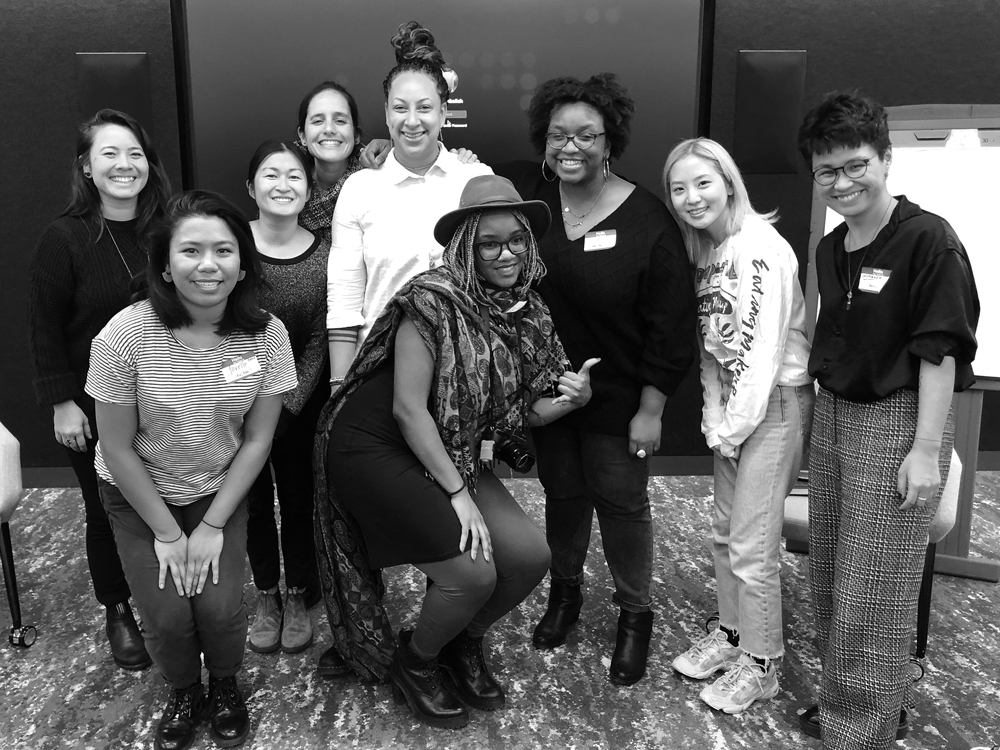
Ariel Zambelich, Jovelle Tamayo, Hannah Yoon, Danielle Villasana, Tara Pixely, Melissa Bunni Elian, Danielle Scruggs, Mary Kang, Mengwen Cao. (L to R)
AY: Tell us about Authority Collectives’ recent Non-Profit status. What does it mean for you as an organization?
TP: We decided to become a nonprofit so that we’d have more access to opportunities for funding because being a totally volunteer, unfunded grassroots org was not tenable. With this status, we’re able to apply for and receive grant money and hopefully get funding for various AC projects. Our community also benefits from that nonprofit status because individuals can run grants or funded projects through AC as a nonprofit. That was one of the biggest goals for us was to be a space that could help get funds into the hands of our community.
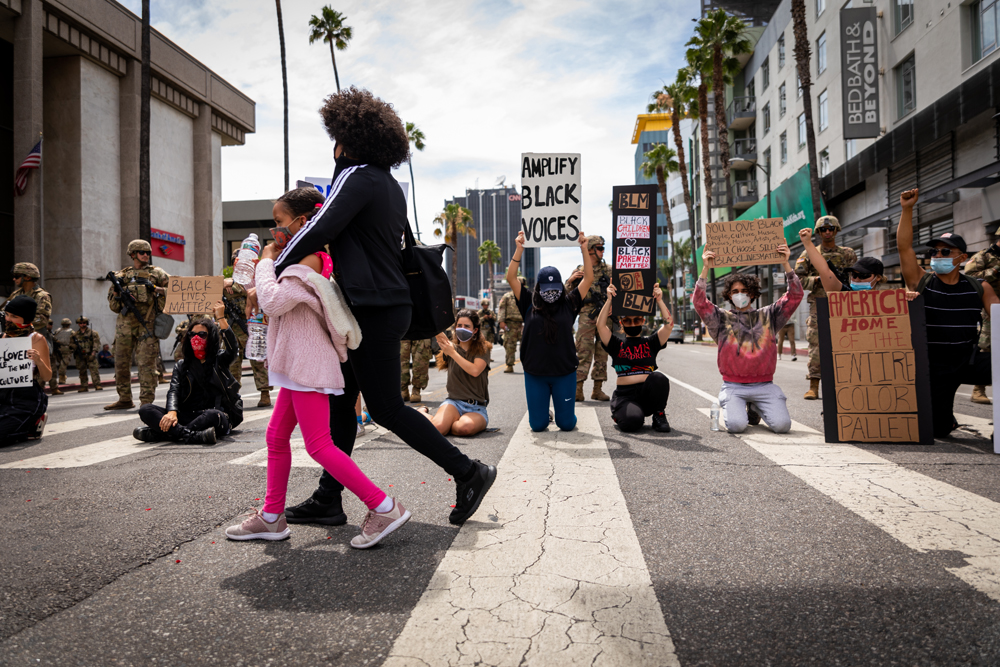
On June 2, 2020 a few thousand protestors gathered at various intersections in Hollywood under the watchful eye of both National Guard troops and LAPD in Los Angeles. © Tara Pixley.
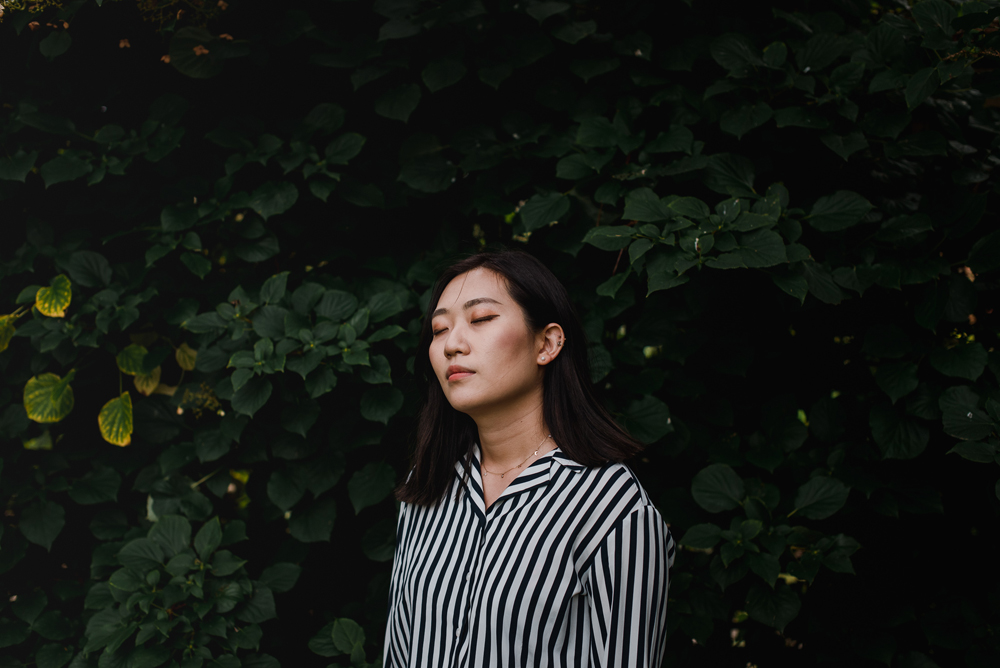
Kim was born in 1997 in Seoul. She grew up in Mississauga, Ontario, Canada. “Being Korean-Canadian for me was the constant feeling of not being enough and always feeling like I had to prove myself. Even to this day, I feel like I have to work so much harder than other people just to be on the same page and be accepted.” © Hannah Yoon
AY: What kind of resources and opportunities do you offer to the 400+ members?
TP: We started by building an internal community and network of support, connecting women/nonbinary visual storytellers in photography, film, AR/VR and then we wanted to showcase their work. So we began curating and presenting exhibitions showcasing BIPOC work of/by BIPOC photographers/filmmakers at Photoville NYC, Instagram headquarters, Photoville LA, the National Center for Civil & Human Rights and various other spaces. We’ve also had partnerships with WeTransfer, CaptureOne, Prism workshops, Photoshelter, Photoville, Allied Media Conference and various affinity spaces to connect our community with assignments, education, highlighting their work, etc.
Trying to connect WOC/BIPOC/QTPOC visual storytellers with resources and opportunities that have often been out of reach also means getting folks into leadership positions across the industry. So we produced a POC Photo Editors Salon in DC alongside the 2020 Nat Geo Storytellers Summit in conjunction with NatGeo editors. Folks interested in becoming editors had a half day of workshops, discussions and networking to open up and demystify that field. We’re hosting another one of those in 2024. Similarly, we convened an event around care and community practices as a track at the Allied Media Conference.
A good example of the kind of work that AC does to address the visual media industry and practitioners directly is the “Do No Harm: Photographing Police Brutality Protests” statement, a public document issued during the 2020 racial justice protests, in which we called on photojournalists to be accountable to the safety of the most marginalized people they were photographing at protests. We saw how photojournalists were often acting from a place of entitlement rather than minimizing harm and that there should be a conversation about that amongst ourselves and our colleagues. The Photo Bill of Rights was another project with plenty of AC leadership involved in bringing that to fruition and was along the same lines of care for our colleagues in the industry, tempered by concern for the publics we serve by telling their stories.
We were also one of the first photo orgs to do a mutual aid campaign in light of COVID’s impact on the photo community. We raised and donated $7,350.
Generally, we offer local meetups, community retreats, workshops, portfolio reviews., collective virtual work days, and similar opportunities to connect with one another in ways that can be difficult to build networks as a solitary freelancer.
AY: Authority Collective has recently launched a quarterly zine called Veer. Can you tell us more about it?
TP: The VEER zine, launched in Jan of this year (2023), is an editorial space for showcasing work by WOC/QTPOC and for speaking on issues that impact our community. It’s still in the fledgling stages and is produced by three volunteers, so is growing and expanding slowly. We’ve had two issues this year and we originally wanted it to be quarterly but are thinking that a more robust bi-yearly print edition. This is a big focus right now and something we want to really build out: producing editorial content that reflects our interests, ethics, and diversity of worldviews rather than just knocking on the doors of hegemonic visual industries begging for a seat at those tables.
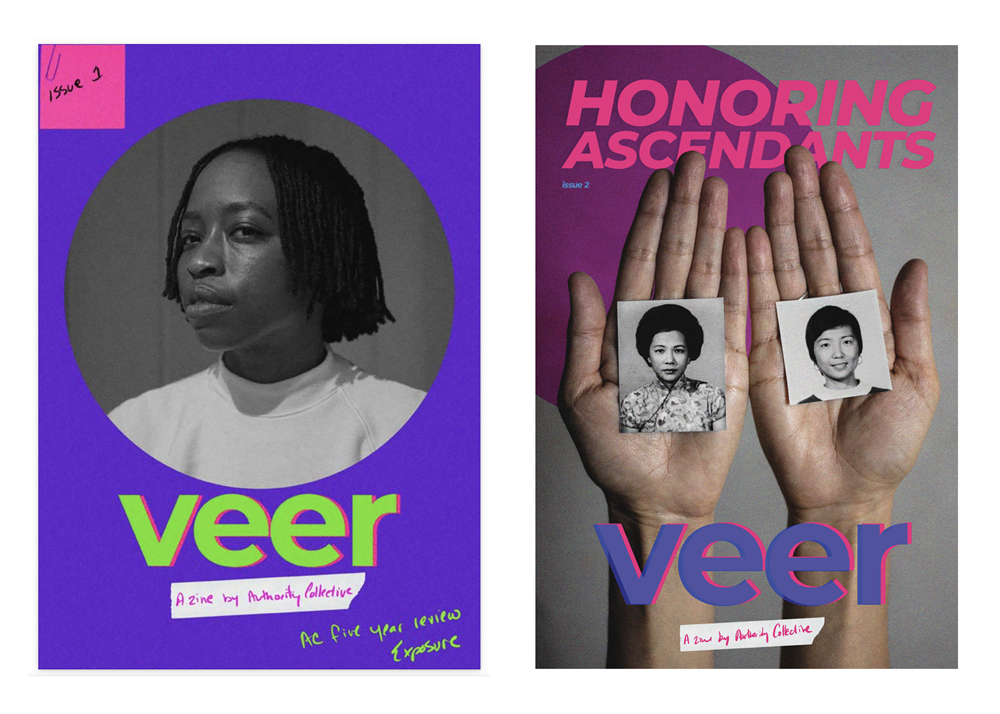
Launched in Jan. 2023, VEER is a visuals-centric hybrid quarterly zine featuring the work and perspectives of women and nonbinary lens-based workers of color. Design by Kat Contreras. Issue 1 image © Tara Pixley. Issue 2 Image © Lianne Milton
AY: How do you engage your members and the audience? And what are your future plans as an organization?
TP: Engagement has gotten tough since COVID. People are Zoomed and Slacked out and social media algorithms punish grassroots orgs by limiting access to our content when it’s not sponsored. So, we are rethinking how we engage and working to shift what that looks like. More local, in-person events and 1-2 big in-person events each year tied to other, more established, and well-funded happenings like Art Basel, Nat Geo Summit, Photoville, etc. We’re also still connecting with the community via the zine, Slack, and posting info to IG.
AY: Being a part of the Authority Collective myself, I have seen the constant struggle the team faces as a collective. What are the biggest obstacles in your opinion?
TP: Frankly, the up-and-coming orgs that often thrive do so with a heavy dose of hard work, luck, and benefactors who have the financial strength to support a fledgling org or project. A lot of the people who are able to do the grassroots work and then find their footing come from generational wealth, have wealthy or well-paid partners and/or are in other positions of economic or time privilege that are particularly helpful to make a new org successful. No one among our founders or current volunteers have access to that kind of privilege. We have single mothers, mostly freelancers, mostly queer, disabled, immigrant, and first-generation folks. This makes AC an incredibly diverse space rich in all kinds of resources but not especially privileged. So that has been the biggest hurdle and we are really focusing on fundraising to strengthen what we’re able to provide the community and hopefully build it even more.
AY: Do you work with other collectives who address similar issues? What do these collaborations look like?
TP: Yes, we love our affinity groups! Since our inception, AC has been close collaborators with the 2017/2018 cohort of grassroots identity-focused photo groups Women Photograph, Diversify Photo, Everyday Projects, and Indigenous Photograph. We’ve worked a lot with those groups and their organizers as well as Majority World with Shahidul Alam, Color Positive, Native Agency, and Black Women Photographers.
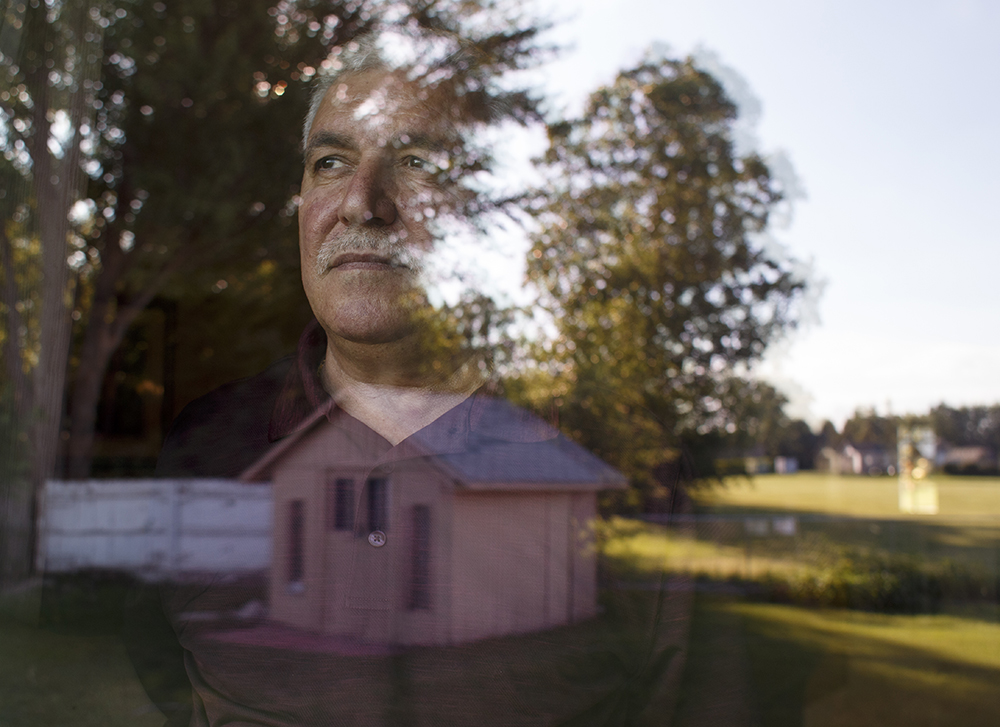
Wail Aboajialo, an asylum applicant from Iraq who relies on Affordable Care Act coverage poses inside his home in Sterling Heights, Mich. © Elaine Cromie
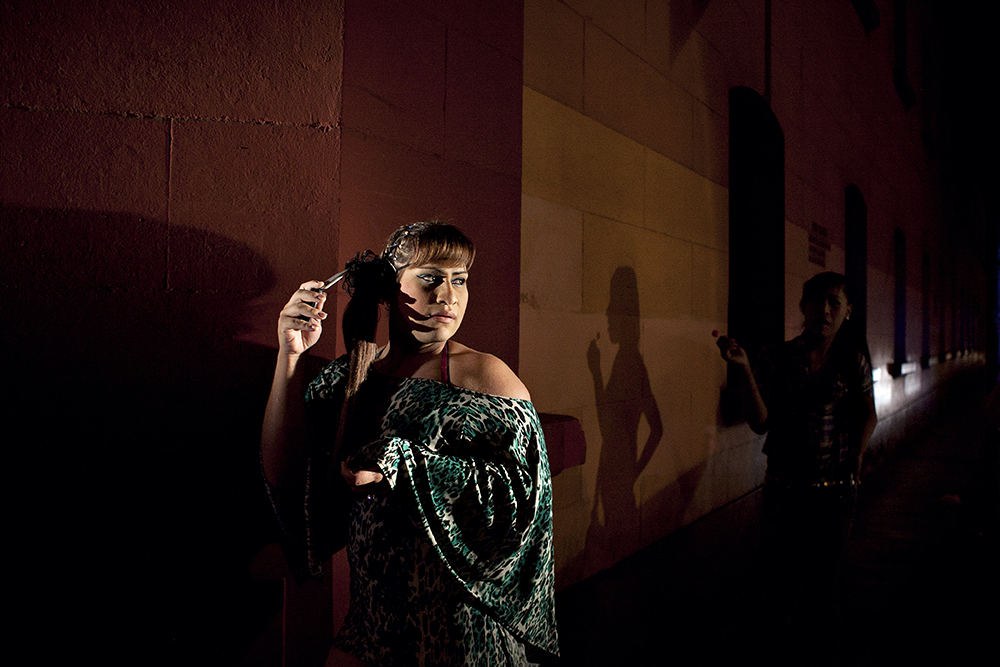
Asumi, left, and Oriana, right, stand in the light of a police car during a nightly raid. © Danielle Villasana
AY: Moving to a non-profit status will hopefully provide access to more resources, as you mentioned. Where does most of your funding come from currently?
TP: We do have a few wonderful Patreon contributors who give small amounts monthly and that has enabled us to keep the lights on so to speak. The more we self-power and self-fund service orgs like AC, the more viable these orgs can become to draw in funds that make us sustainable. So, right now the infrastructural costs such as website and digital subscriptions are entirely supported by small monthly donations from members and allies. Some projects we do as collaborations will occasionally compensate those working on the projects and we’ve had great sponsors for curatorial projects such as NPPA, Leica, Photoville, and Photoshelter.
AY: What would you like people to know about Authority Collective and the issues you are trying to solve?
TP: I want people to know that you can speak truth to power and that you can change deeply embedded systems of inequity, power hierarchies, and exclusionary practices through community organizing and collaborative efforts. Anything is possible when we do it together and there is still much work to be done.
Thank you so much for talking to us, Tara. Love and Light!
Instagram: @authoritycollective
Ashima Yadava is a conceptual documentary photographer and printmaker. With the camera as her conduit, Ashima believes in art as a means to social activism and reform. Her work is rooted in long-form stories with a focus on issues of gender equality, race, and social justice.
Born in New Delhi, India, Ashima now lives in San Francisco, California where she works in digital and analog methods including large format and silkscreen. She is currently a California Arts Council Fellow and helps the Development Committee at SF Camerawork. Her work has been featured in publications including National Geographic, Mother Jones, SFChronicle, and 6MOIS and exhibited around the world including the deYoung, the United Nations in New York, RISD, Technische Dresden in Germany, NIDA Festival Lithuania among others. She is a Director’s Fellow from the ICP, New York.
Ashima is the founder of Huq : I Seek No Favor. Huq brings together over 100 artists and thinkers to respond to the abortion ban.
Instagram: @indigonyx
Posts on Lenscratch may not be reproduced without the permission of the Lenscratch staff and the photographer.
Recommended
-
Beyond the Photograph: Editioning Photographic WorkJanuary 24th, 2026
-
The Next Generation and the Future of PhotographyDecember 31st, 2025
-
Spotlight on the Photographic Arts Council Los AngelesNovember 23rd, 2025
-
100 Years of the Photobooth: Celebrating Vintage Analog PhotoboothsNovember 12th, 2025
-
100 Years of the Photobooth: The Photobooth Technicians ProjectNovember 11th, 2025

